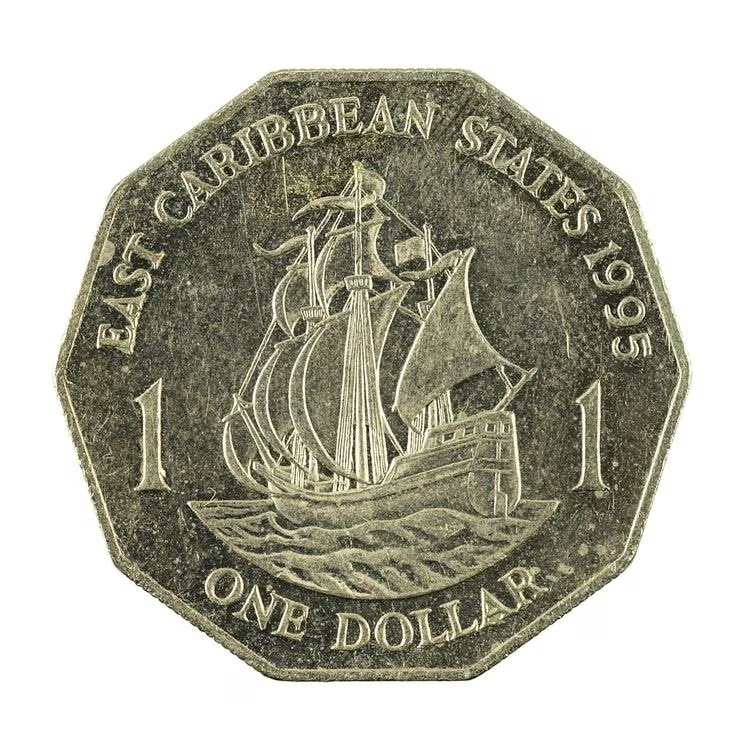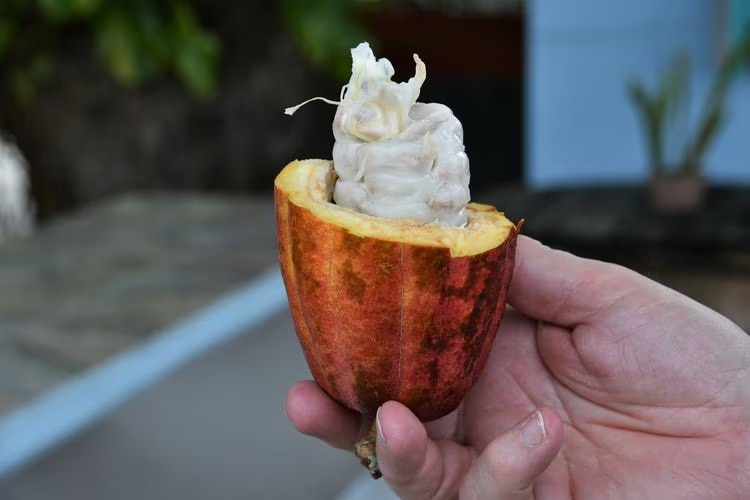Saint Lucia Travel Tips and Information
Official Name
----
Capital
Castries
Population
Country Code
Around 180,000
LC
Country Code (international calls)
+1-758
The flight time to Saint Lucia is approximately ---- hours. Check the climate, currency, religion, manners, other information of Saint Lucia below. Wishing you pleasant travels to Saint Lucia.
Saint Lucia is part of the Commonwealth of Nations. Situated in the West Indies, it is bordered by Saint Vincent and the Grenadines to the south, Barbados to the southeast, and the French territory of Martinique to the north.
Local Climate / Weather
Saint Lucia enjoys a warm tropical climate year-round, characterized by steady temperatures typically ranging from 24°C to 31°C. The island has two main seasons: the dry season and the wet season. The dry season runs from December to May, offering sunny days and pleasant evenings, perfect for beach outings and outdoor activities. The wet season, from June to November, brings more humidity and rainfall, although showers are often brief and followed by sunshine.
Currency & Tipping
Currency
The official currency of Saint Lucia is the Eastern Caribbean Dollar (XCD), which is commonly denoted as EC$. While the Eastern Caribbean Dollar is widely used, the US Dollar (USD) is also accepted in many establishments, making it convenient for travelers who may carry international currencies. It is advisable to have a mix of cash and cards, as smaller vendors and markets may prefer cash transactions.
Tipping
Tipping in Saint Lucia follows a customary approach similar to many Caribbean destinations. In restaurants, a service charge of 10-15% is often added to the bill; however, if it is not included, leaving a tip of around 15% of the total bill is considered polite. For hotel staff, such as bellhops or housekeeping, tipping between EC$5-10 per service is appreciated. Tour guides and drivers usually receive tips based on the quality of service, with EC$10-20 being a standard amount. Ensuring fair and appreciative tips helps contribute to the warm and welcoming hospitality that Saint Lucia is known for.
Useful Travel Information

Voltage & Electrical Outlets
In Saint Lucia, the standard voltage is 240 V with a frequency of 50 Hz. The country commonly uses Type G plugs, which are similar to those found in the UK. travelers are advised to carry a universal power adapter and check their electronic devices for voltage compatibility to avoid any issues.

Internet Connectivity
Staying connected in Saint Lucia is convenient, thanks to its reliable internet services. Local carriers such as Flow and Digicel provide SIM cards and data plans tailored for tourists. Travelers can easily purchase SIM cards at the airport or in local stores to access mobile data. Public Wi-Fi is also available in hotels, restaurants, and certain public areas, though speeds may vary.
Water for Consumption (Drinking Water)
While tap water in Saint Lucia is generally considered safe for drinking in most areas, travelers might prefer bottled water for peace of mind. Bottled water is readily available in supermarkets, convenience stores, and hotels. Taking this precaution helps avoid any potential digestive discomfort and ensures a worry-free stay.
Culture, Religion & Social Etiquette
Culture
Saint Lucia’s vibrant culture is a reflection of its unique history. The island’s folklore and storytelling are deeply rooted in African heritage, featuring captivating tales passed down through generations. Music and dance are integral to Saint Lucian culture, with calypso, soca, and the indigenous Dennery Segment being popular forms of expression. Festivals, like the renowned Saint Lucia Carnival, showcase elaborate costumes, infectious rhythms, and community spirit that highlight the island's joyous way of life. Visitors will appreciate the emphasis on family and communal activities.
Religion
Religion plays a significant role in the daily lives of Saint Lucians. The majority of the population practices Christianity, predominantly Roman Catholicism, due to the French colonial influence. However, there are also Protestant communities and smaller groups practicing other faiths. Church services in Saint Lucia are vibrant, often featuring lively singing and a strong sense of community. Travelers will find the religious environment familiar and welcoming, especially those who are Catholic, allowing them to partake in Sunday masses or special religious events.
Social Etiquette
Politeness and respect are cornerstones of social interaction in Saint Lucia. Greetings are important, and a simple “Good morning” or “Good afternoon” is expected before starting a conversation. Saint Lucians value friendliness and are generally hospitable, making it easy for visitors to feel at home. When invited to a local gathering or event, it’s customary to bring a small gift as a sign of appreciation. In terms of dress code, Saint Lucians tend to dress smartly, especially when attending church or formal events. Casual wear is acceptable in most settings, but modesty is advised in religious or official environments.
Food Culture
Saint Lucia, known for its vibrant culture and breathtaking natural landscapes, offers a food culture that travelers will find both exciting and comforting. Saint Lucian cuisine is a flavorful blend of African, French, and East Indian influences, creating a unique fusion that resonates with the warmth and variety. One of the most iconic dishes is green fig and saltfish, the national dish, which features unripe bananas (green figs) paired with salted cod, seasoned with local herbs and spices. This hearty dish showcases the island's use of fresh, local ingredients and is sure to intrigue food lovers with its blend of savory and subtly sweet flavors. For those who love street food, Saint Lucia does not disappoint. The bustling local markets and streets are filled with vendors offering traditional snacks such as bake and saltfish, a fried bread stuffed with salted fish, and accras, crispy fritters made from salted cod and spices. Another must-try is roti, a flatbread filled with curried meats or vegetables, reflecting the Indian influence on the island's cuisine. Travelers looking for a more immersive dining experience can visit popular local restaurants like The Coal Pot, renowned for its picturesque harbor views and fresh seafood dishes, including lobster and conch prepared with a Caribbean twist. For those wanting to enjoy a fine-dining experience, the restaurant at Jade Mountain offers a menu that celebrates Saint Lucian ingredients with creative flair, perfect for travelers seeking an upscale yet authentic taste of the island. Additionally, Bang Restaurant & Bar is a recommended spot for casual dining, where guests can enjoy Creole dishes and tropical cocktails in a laid-back setting. Whether savoring hearty, traditional dishes or exploring the vibrant street food scene,
Major Tourist Attractions & UNESCO World Heritage Sites
Major Tourist Attractions
Major tourist attractions in Saint Lucia include Rodney Bay, Pigeon Island, Mount Fortune, and Biggie Beach.
UNESCO World Heritage Sites
Saint Lucia has one natural heritage site on UNESCO's World Heritage List, the Pitons Management Area. This is the collective name for two small volcanoes located on the southwestern coast of Saint Lucia. Mount Petit Piton and Mount Gros Piton are so similar in mountain shape and height that they are considered twin mountains. The site was registered as a World Heritage Site in 2004 because of its amazingly beautiful and rich natural environment.
Travel FAQs
How safe is Saint Lucia? Are there any precautions I should take?
The safety in Saint Lucia can be considered not stable, but the risk of crime for tourists remains relatively low. It’s important to stay vigilant and take necessary precautions during your visit.
Is English understood in Saint Lucia?
English is the primary language spoken in Saint Lucia, so you should be able to communicate effectively in English if any issues arise.
When is the best time to visit Saint Lucia?
The peak travel season in Saint Lucia is from November to April, known for its lower humidity and comfortable weather.
What is the most popular airport for flights to Saint Lucia?
Saint Lucia has limited airport options, with "Hewanorra International Airport" being the most popular choice.




